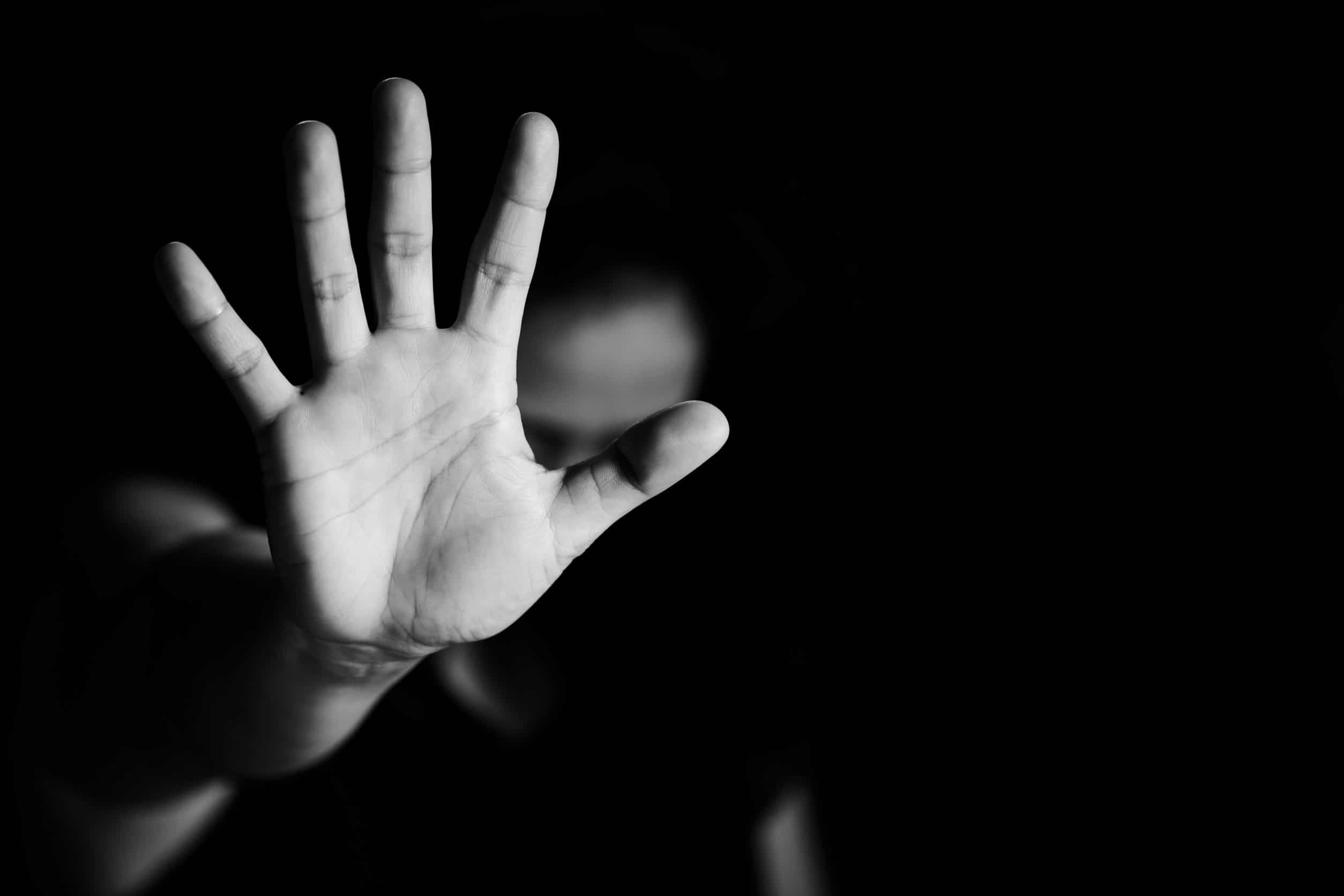 Domestic violence is a crime taken very seriously by the state of Minnesota, but it’s also a crime that doesn’t make big, splashy headlines in the news. Well, most of the time, anyway.
Domestic violence is a crime taken very seriously by the state of Minnesota, but it’s also a crime that doesn’t make big, splashy headlines in the news. Well, most of the time, anyway.
A popular actor and his almost-as-popular ex-wife are in the news as they recount their relationship in an anti-defamation trial in Virginia. Both sides have testified to domestic violence playing a role in their relationship, with an expert testifying that the wife has two psychological disorders that may have fueled her dramatic and abusive behavior.
Does mental health play a role in domestic violence in Minnesota and beyond? Read on to find out if mental illness can lead to domestic violence and what can happen to someone, mental illness or not, who commits a crime of domestic violence in the state.
What Is Domestic Violence in Minnesota?
Domestic violence in Minnesota, often referred to as domestic abuse, is defined as committing certain acts against someone in your family or household. These acts include physical harm, bodily injury, terroristic threats, criminal sexual conduct, or interference with emergency calls for help.
The law defines a family or household member as:
- Someone to whom you are married or have been
- Children
- Parents
- Others you are related to by blood or marriage
- Anyone you have lived or currently live with
- Anyone with whom you’ve had a significant sexual relationship
- Anyone with whom you share a child
- Women who are pregnant with your child
What Are the Penalties for Domestic Violence in Minnesota?
Domestic violence, or domestic abuse, can result in various types of charges depending on the harm and risk involved as well as the circumstances of the case. If you are a repeat offender, then the court may seek more serious penalties against you, as well.
Some of the most common penalties include:
Misdemeanors
For misdemeanor domestic abuse, you can face up to three months in jail and fines of as much as $1,000. A misdemeanor can become a gross misdemeanor if you’ve had any previous domestic violence convictions within the last 10 years. For gross misdemeanors, you can spend up to 12 months in jail and pay fines of as much as $3,000.
Felonies
If strangulation was involved in the domestic assault, then that’s a felony that can result in up to three years in prison. Other associated felonies can send you to prison for up to five years, but if a weapon is involved it can be up to 20 years in prison.
Does Mental Illness Play a Role in Domestic Violence?
The answer to the question of mental illness playing a role in domestic violence isn’t as easy to answer as it may seem. Does it play some role? Many studies point to yes, that mental illness and violence are related. Some people with serious mental illnesses do act violently, but, in studies, the data reveals that the number of people who commit acts of violence due to mental illness is very small.
Studies have found that most people who are mentally ill are not violent and that most violent crimes are committed by people with no mental illness diagnosis. Bipolar disorder and schizophrenia are the two most common mental illnesses related to violent behavior, but even then there is no guarantee that someone with those conditions would act violently. It merely elevates the risk.
What Factors Do Contribute to Domestic Violence?
Just as with many other complex issues, there are other factors that contribute to violence. It is not fair to say, based on evidence, that mental illness leads to domestic violence. Rather, it is fair to say that mental illness can coincide with domestic violence without being the cause behind it.
The two biggest contributing factors to domestic violence are substance abuse and lack of treatment. Some people that are struggling with a mental illness self-medicate with drugs and alcohol. Substance abuse is, in itself, one of the biggest contributors to domestic violence.
When someone is struggling with mental illness or a substance use disorder, and they do not get help, then that can also lead to bad outcomes that can also contribute to domestic violence.
Is Mental Illness a Good Defense to Domestic Violence in Minnesota?
If you are struggling with mental health issues, and you’re being accused of domestic violence in Minnesota, is it a good defense? In most cases, this doesn’t make a great defense. If mental illness is truly behind any violent behavior that you display, then it usually will happen in all interactions you have with people, not just those with whom you are in a relationship.
Discuss possible defenses with your attorney to help you understand what the best option will be for you based on the circumstances surrounding your case.
About the Author:
Christopher Keyser is an AV-Preeminent rated criminal and DWI defense attorney based in Minneapolis who is known for fighting aggressively for his clients and utilizing innovative tactics to get the most positive results. He has been featured in numerous media outlets due to the breadth and depth of his knowledge and named a Certified Specialist in Criminal Law by the Minnesota Bar Association. Mr. Keyser is Lead Counsel rated, and he has received recognition for his criminal law work from Avvo, Expertise, Super Lawyers, The National Trial Lawyers, and more.







